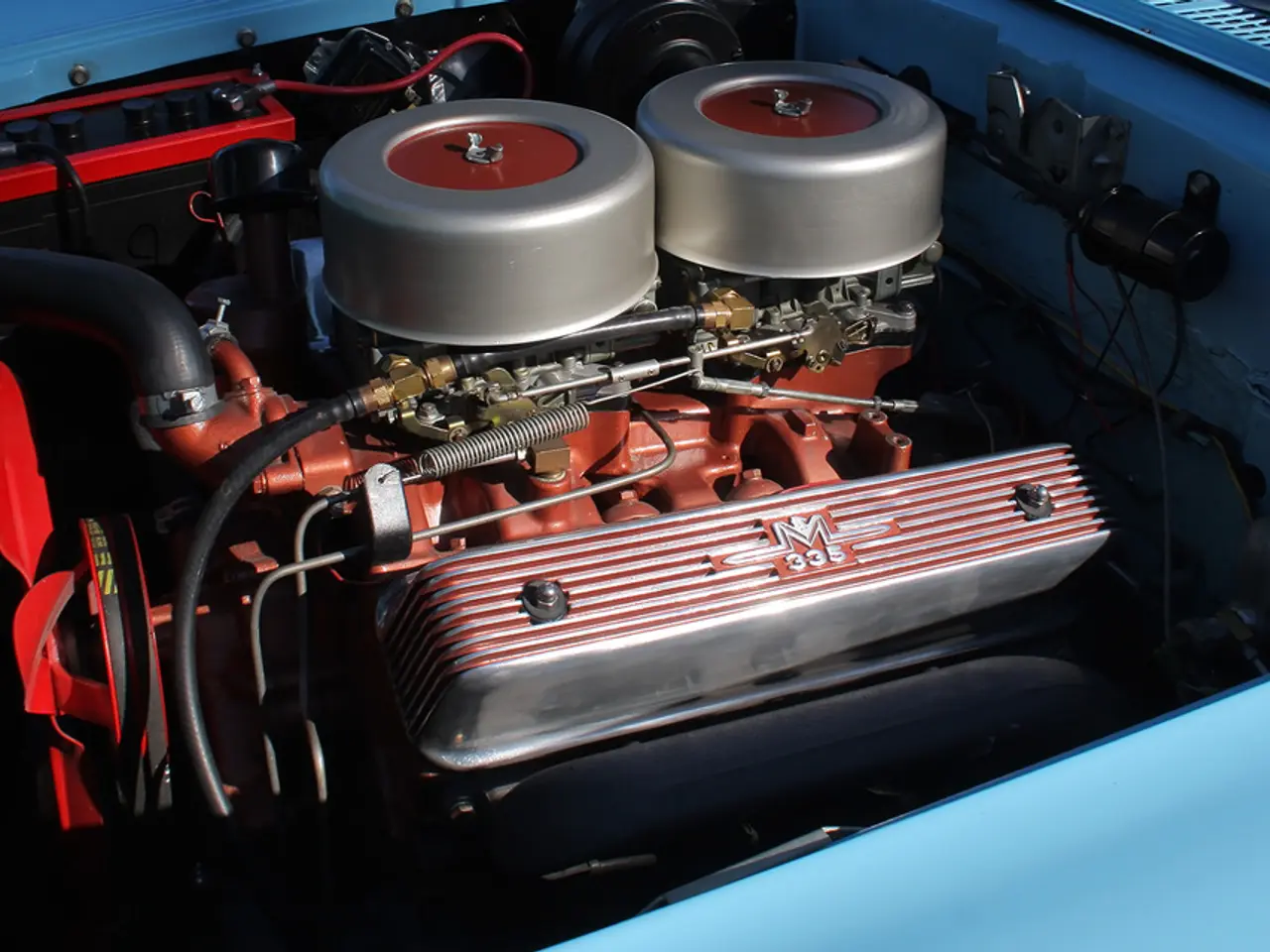Impressive manufacturing output: Over 100 million engines and gearboxes produced by Cléon, showcasing a remarkable history
Renault's Cléon Factory: A Pioneer in Automotive Technology
Renault's Cléon factory, located in France, has been at the forefront of automotive innovation for many years. The factory, known for its significant contribution to the production of internal combustion engines, has now taken a significant leap forward with the introduction of the 6A engine, which powers the Megane E-Tech electric and the All-new Scenic E-Tech electric.
The manufacturing process at the Cléon factory has been revolutionised by robotics, with 648 robots, including 89 collaborative robots, forming an integral part of the production line. These robots, along with the 3,000 people currently employed in the workshops, work together to produce high-quality vehicles.
The Cléon factory has a rich history, having produced 14,512,000 C-type engines, 14,520,000 F-type engines, and 21,139,294 J-type gearboxes. The factory has also made significant advancements in electric motor production, with the first electric motor produced in April 2015 to power the ZOE.
The factory's technological advancements extend beyond the production line. Thermochemical treatments, for instance, have evolved from basic setups to sophisticated ones with panels and conveyors, improving the durability of components. Low pressure carburizing, integrated into these treatments, has further enhanced the factory's capabilities.
The Cléon factory has also focused on electrification, conducting the first studies on the ZOE motor. The teeth of the pinions in the electric reduction gears of hybrid and electric vehicles were modified to reduce noise, demonstrating the factory's commitment to innovation.
In addition to its focus on electrification, the Cléon factory continues to produce engines for Renault and its partners. The factory produces the 5A engine and develops upgrades for models such as the Kangoo. The factory also machines 50 families of parts each day, including parts for internal combustion engines, drive shafts, transaxles, pinion gears for gearboxes, rotorshafts, lock housing, and pinion gears for electric motors.
The Cléon factory's commitment to technological progress is evident in its initiatives such as the electric university and the E-Mobility Industry Academy, where employees receive training to stay at the cutting-edge of the industry. The factory's human/machine interfaces also provide detailed descriptions of each fault, ensuring efficient problem-solving and maintaining high production standards.
The factory's focus on electrification is evident in the 1,800 inspection points on the 6AM engine, a testament to the factory's dedication to producing high-quality electric vehicles. The factory's modernisation efforts also extend to foundry work, with the factory moving from casting single parts to products with high pressure circuits.
The Cléon factory's 250 automated guided vehicles travel along the production lines every day, demonstrating the factory's commitment to efficiency and precision. The factory's achievements are a testament to its dedication to innovation and its role as a pioneer in the automotive industry.
Read also:
- Veolia advocates for sustainability by financing eco-friendly environmental projects
- Rapid Expansion Anticipated for Lip-Sync Technology Sector at a Rate of 17.8%
- Pushing boundaries in fabrication: the merging of premium optics and advanced motion technology
- Discussions ongoing within the US Secret Service regarding the acquisition of off-road vehicles, driven by two significant factors.








